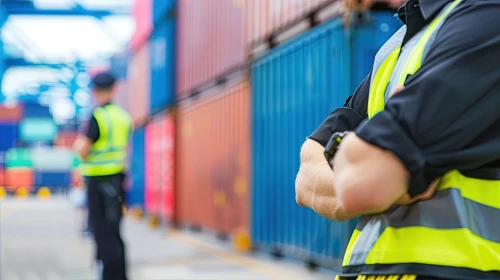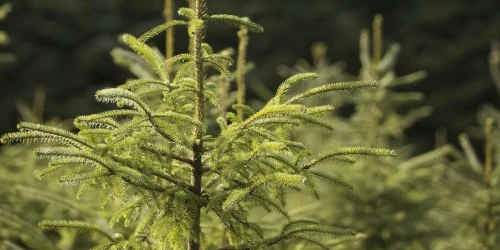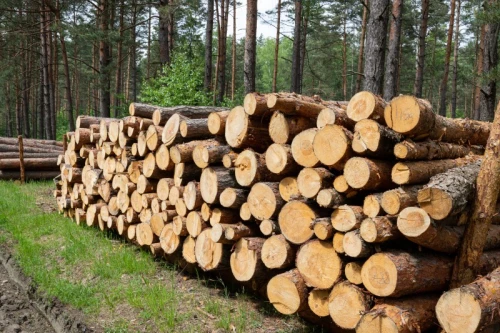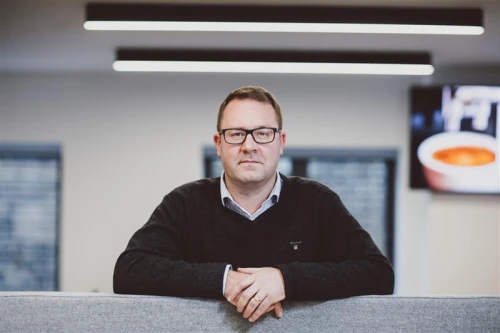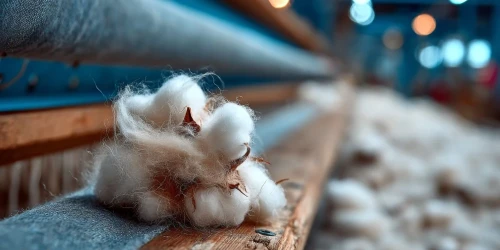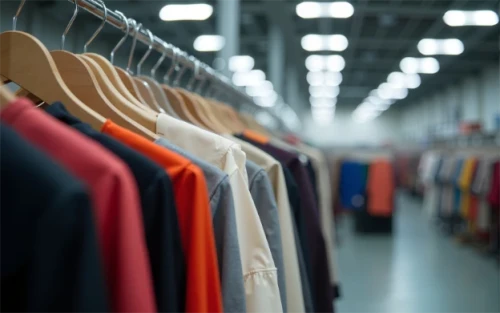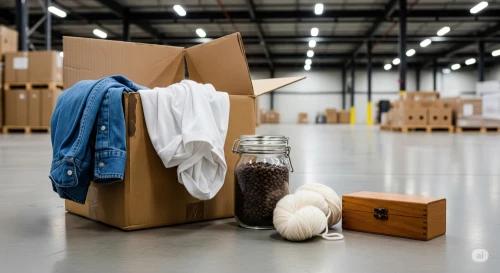The Truth is Hard to Swallow
31 January 2018
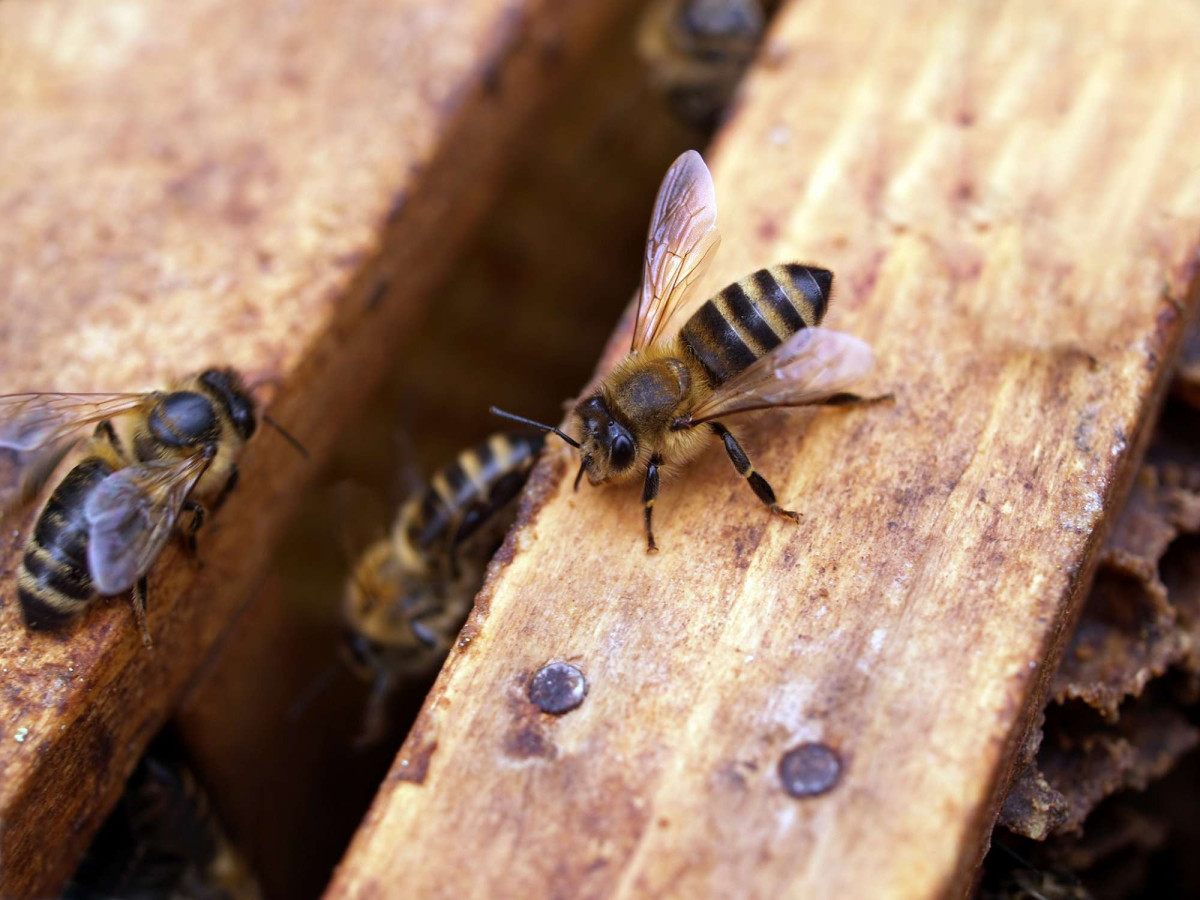
Netflix new series Rotten explores the growing issue of food fraud.
The new six-part Netflix documentary series Rotten, takes a closer look at where your food comes from and exposes various forms of corruption and fraud within the global food and agricultural industry. Each episode focuses on the problems that exist in the food supply chain, and at supermarkets and restaurants.
"In a world where huge global supply-chains are increasingly intertwined and consolidated, this series starts on your dinner plate... and follows the money to the shocking consequences - intended or not - of regulation, innovation and greed." – Netflix.
Food fraud can take many forms and this series looks at it from a wider perspective, exploring an array of bad practices that are committed including the substitution and adulteration of food. The six episodes uncover the scandals and controversies in the honey, garlic, poultry, dairy, and seafood industries, and investigates the rising rates of food allergies in America with interviews from consumers, small farmers, corporate representatives, doctors, lawyers, and law enforcement personnel. The series looks at how economic factors have influenced the food system and the affect this has had on the global food trade network.
The first episode ‘Lawyers, Guns And Honey’, discusses the current global honey situation. The number of hives worldwide is increasing, but honey exports are rising about eight times faster. This raises the question - where does all this surplus honey come from?
More of us are wanting to buy food that we know the source of and honey is perfect for savvy profiteers who are secretly cutting the world’s honey with cheap substitutes. We are currently working with several honey brands who have acknowledged the issues that exist and are taking one step further to protect their brand and consumers.
Significant levels of fraudulent activity are occurring, and many organised crime syndicates are attracted due to the low likelihood of being detected, high profit, and negligible consequences if caught. Currently, global food fraud is estimated to be a $50USD billion market.
There is an over-reliance on existing paper traceability methods which are ineffective at addressing the issue of food fraud. However, Oritain can play a big part in tackling this issue with our scientific traceability. While traditional traceability follows a product, Oritain creates an origin fingerprint of the product itself, and tracks origin using intrinsic properties of the food, rather than label and packaging. Oritain can test a product at any point in the supply chain to ensure transparency. These chemical fingerprints cannot be tampered with or replicated.
The common theme throughout the series is that while these issues continue to exist in our food supply chain, the solution to the problem lies with the consumers to demand quality and transparency from the companies that provide the food on our plates.
Oritain’s purpose is to protect and enhance the reputations of our customers from the growing risk of fraud and counterfeit products, protecting not only brands, but consumers too.
